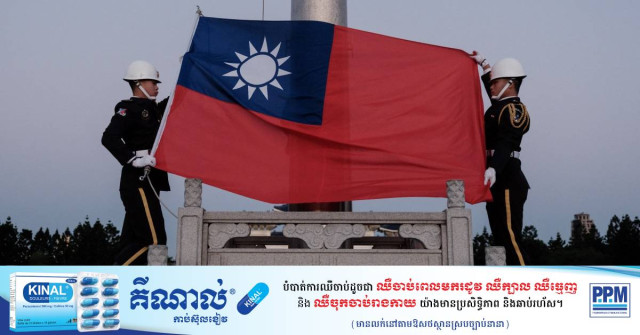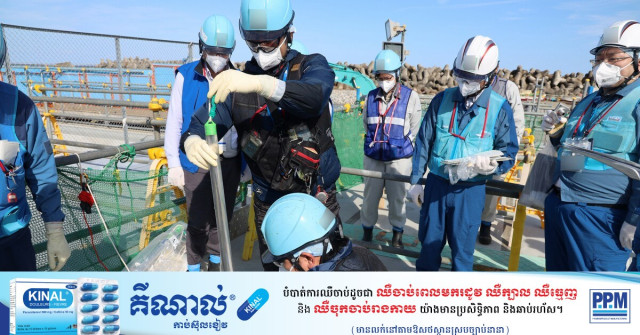Taiwan Election Fallout: China's Possible Responses and Strategic Considerations

- By Chea Ty
- January 16, 2024 10:00 AM
Despite China sending jet fighters and warships to the Taiwan Strait as a strategy to influence voters in favour of candidates less hostile to them, the election outcome does not align with China's desires. In the weeks leading to the election, China's Taiwan Affairs Office warned of the potential dangers of Lai Ching-te's independent policy, which could trigger a cross-strait confrontation.
Lai Ching-te of the Democratic Progressive Party has emerged victorious in the face of significant pressure, defeating candidates from both the Kuomintang and the Taiwan People's Party (TPP). Like his predecessor, Tsai Ing-wen, Lai is expected to reject China's claim over Taiwan.
The Taiwanese people's commitment to democracy and freedom is reflected in the election outcome, which could inspire others to resist intimidation and defend their democratic rights.
How would China respond?
After the election, China's foreign minister declared that Taiwan remains a part of China, regardless of any political changes. Even though there is a possibility that China could use force to unite the strait, the recent election results have made this course of action less likely. Taiwanese citizens have indicated that they would resist any invasion, which would make it difficult for China to achieve a swift victory. Engaging in a long-term war could also have a significant impact on China's resources. Moreover, if China fails to invade Taiwan, it could lose credibility as a great power, which might affect Xi Jinping's leadership.
In addition, the invasion might suffocate the Chinese people due to the current economic problems. Consumer prices are expected to continually drop. This deflation could impact domestic producers, leading to more unemployment and a decrease in foreign direct investment. China’s youth unemployment rate is very high. The international response from the US and other countries might exacerbate the economic situation. Dealing with livelihood may be a priority for the Chinese people over unification.
Furthermore, the current weather during winter is not favourable for an invasion by China, as their advantage of surprise may not be enough for them to succeed.
Although it is not ruled out that China would use force anytime soon, given the current situation, the logical choice for China is likely to address domestic problems first while maintaining the status quo. Its strategy would depend on preventing Taiwan from developing its capacity to mount strong defences that make it hard for invasion. To do so, it would use military, and economic threats and the threat of escalation to deter Taiwan from acquiring more weapons. It could signal to the US and other major powers that any export of weapons to Taiwan that could alter the military balance in the region will meet a strong response.
China may resort to force if it feels that the opportunity for unification is slipping away. However, as of now, that opportunity has not been completely lost. Despite being pro-independence, Lai may choose to maintain the status quo to avoid escalating cross-strait conflict. He may recognise that a conflict may not be advantageous for Taiwan, especially considering China's military strength, unless there is a realistic possibility of independence. As a result, China can still wait for the appropriate moment.
Chea Ty holds a joint MA from Leipzig and Ghent University (Hons) under the Erasmus Joint Master Scholarship programme. He is also a former exchange student at KU Leuven.















